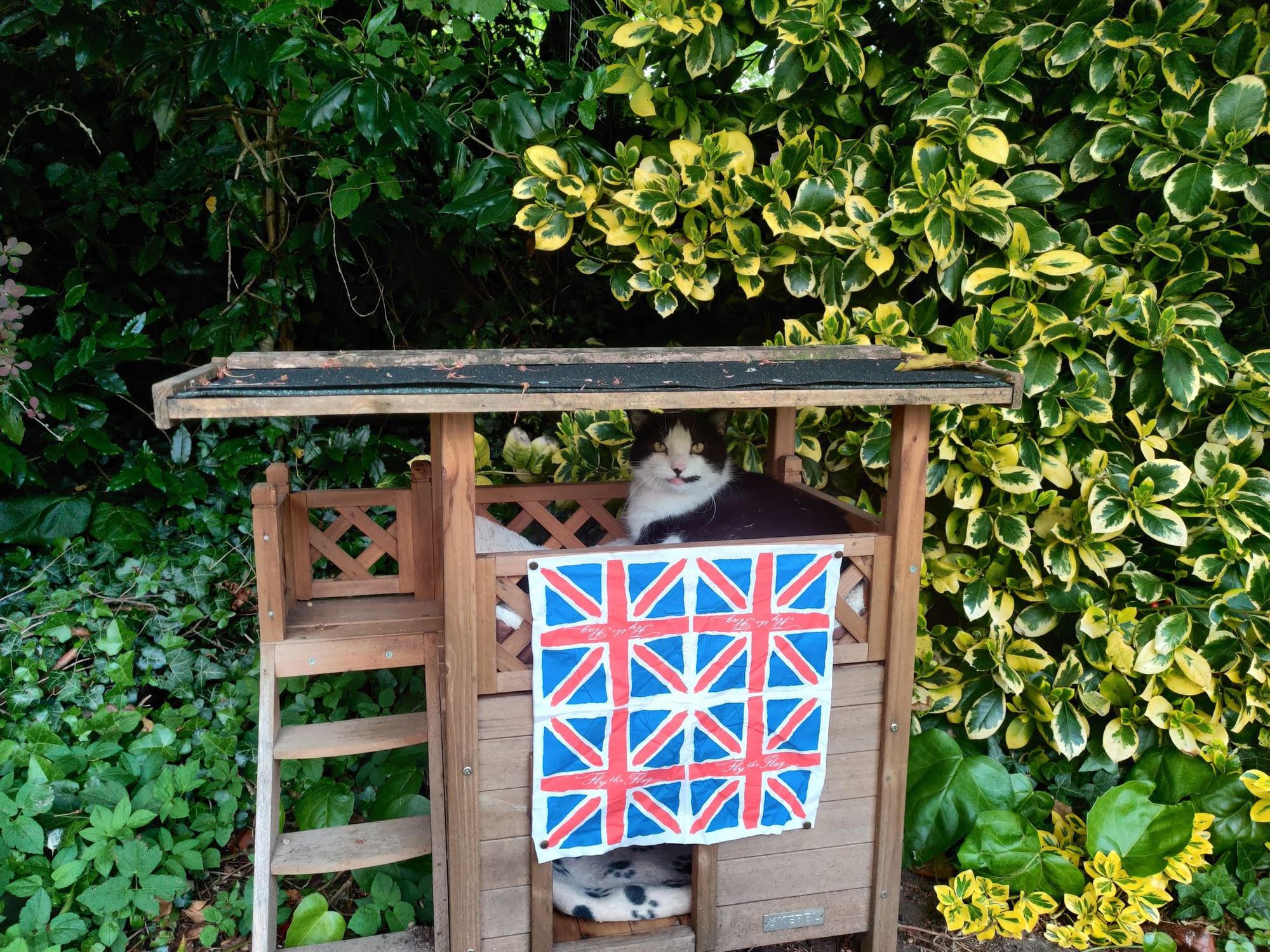By Patrick Sullivan, EngD Composites Manufacture
The Croft // Men’s mental health is on the agenda this month with worldwide campaign Movember in full swing and a UK winter lockdown having just begun. Male friendships are vitally important and by establishing more emotional communication we can reduce isolation and depression in the coming month.
Blokes, chaps, guys, lads, lads, lads. You alright?
Sociologist and author Dr Geoffrey Greif sums up male friendships as ‘shoulder-to-shoulder’ rather than the ‘face-to-face’ friendships typically developed between women. As we enter the second national lockdown combined with the winter months, the idea is helpful for us men as the measures make social interaction harder to near impossible beyond our living situations.
To maintain friendships, men tend to use the following tools: football, video games, work, team sports, the gym, the pub, TV, FIFA (or Football Manager if you have taste), and more football. My school lads’ group chat currently revolves around fantasy football, trash-talking any FIFA since 2017, and a shared outrage of the Premier League’s new pay-per-view model. Little talk of lockdown.

A female friend I made through university recently got roped into a fantasy football league and, when asking around for advice, was shocked to find out I have played every season for over a decade and – humble brag here – regularly come in the top few percent of the seven million competitors. She didn’t even know I watched football.
Herein lies a key difference in the mental health of men and women, and their respective friendships. It’s not that men don’t talk to each other, or that the shoulder-to-shoulder interaction isn’t healthy friendship. We just rarely talk openly about our health, both mental and physical. ‘Not too bad’ is your typical male response to ‘How are you?’, and, on a general note, I’ve found that men – even us more progressive millennials with good mental health awareness – are more likely to confide in the women in our lives: female friends, girlfriends, sisters, mothers.
‘Not too bad’ is your typical male response to ‘How are you?’
The University has just published the results from a survey on lockdown wellbeing, and loneliness and depression continue to be an issue among Bristol’s student population. Despite the first lockdown scattering us all over the country and world, friendship was again the most common first step students took when seeking support. Now in Lockdown 2.0, at a time when many of us are more likely to stay at our ‘uni homes’ rather than move back ‘home home’, friendships are the key worry.
Personally, I was very lucky with my first lockdown experience. The theme of my life in early 2020 was high stress, high trauma, and, consequently, high alcohol consumption. In the final weeks of social freedom, I was going to counselling for the first time, dealing with deeply buried emotional issues, and starting with a prescription for antidepressants.

Lockdown 1.0 gave me extended time to spend with my lovely family, including my beloved cat Benji, a new focus on finishing my Master’s degree without all the extra activity of my Bristol life, and a general sense of calm. That being said, my sleep pattern was so weird: for the first time in my life, I became a night owl and did most of my work between the hours of 10pm and 5am when the sun, Benji, and my parents were all asleep.
When restrictions lifted, I had graduated, started a doctorate, gone over 100 days sober, and could afford to rent a cushy one-bed flat in South Bristol (helped partially by the savings of not pubbing). Life was better than it was pre-lockdown. A lot of my old uni friends have moved on, and without flatmates my social interactions have revolved around a local rugby club, a running group, and a local organisation called Talk Club, specifically created to get men speaking openly about their lives and practising ‘mental fitness’. As of Thursday, that’ll all stop for four weeks unless the government clearly specify any of them as exceptions.
I’m in a really good place mentally, but four weeks alone… bloody hell. It’s a scary prospect, and in the last few months I’ve found that my motivation is much higher after any (still rare) in-person interactions. Zoom just doesn’t quite cut it unless it’s a webinar that plays in the background while I eat my Crunchy Nut.

If I’ve learned anything from the last year, it’s the need to practise a hybrid of sorts between male and female friendships, the shoulder-to-shoulder and the face-to-face. While the shoulder-to-shoulder is hard with the new restrictions, I’ve got a few potential substitutes. We can still exercise outdoors with one other so running buddies are well and truly in.
The value is as much in the listening and connecting as it is the unloading, and, while not the same, it can work online during this next period
Another thing I’ve done recently with a friend from home is to use Discord to chat alongside watching the football, and I’ve also had a call with another male friend while we watched the Season Two finale of The Boys (2019-). It’s as close to shoulder-to-shoulder as I can get.
For face-to-face, I’m a true believer that men need to learn the concept at whatever age. Volunteering with Talk Club, the main type of bloke we get is in their forties, married, with kids and full-time jobs. Very different problems, but still with the same need to learn the skill and vocabulary of talking and listening as us students.
Rob Osman | Using dogs to help men open up about mental health
Talk Club: Why we should all talk more about our mental fitness
The value is as much in the listening and connecting as it is the unloading, and, while not the same, it can work online during this next period. I’m certainly going to be relying on the group and other friends via phone calls, video calls, etc, to keep up my optimism and positive energy.
Funnily enough, the closest male friend I have made through university, one who I made primarily through Talk Club, hates football. Madness.
Talk Club UoB are running online sessions for male-identifying students Tuesdays 18.00-19.30, and with Project Talk for all-gender students Saturdays 11.00-12.30.
Campaign for Movember here.
Featured image: Epigram / Patrick Sullivan









